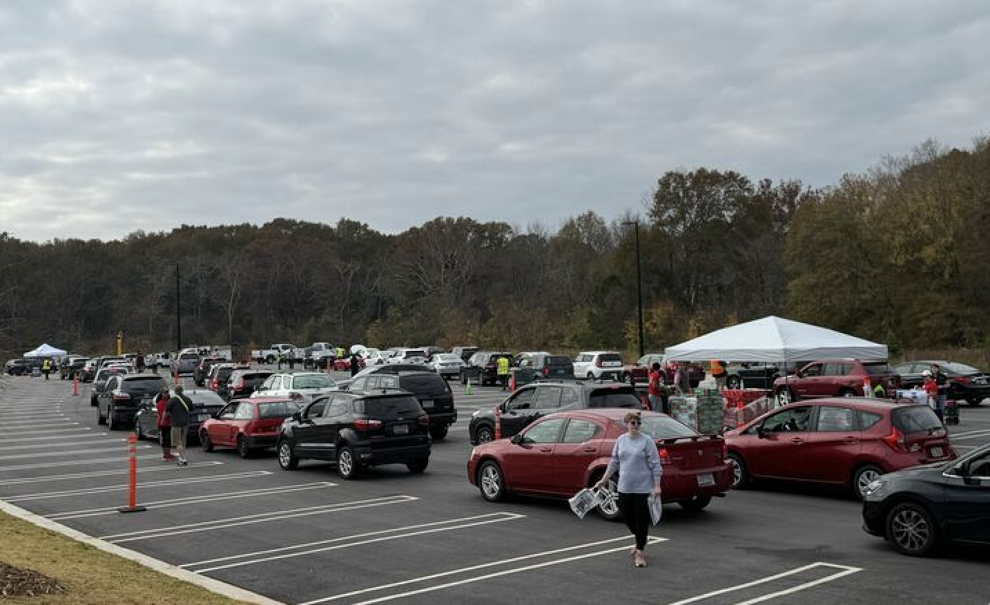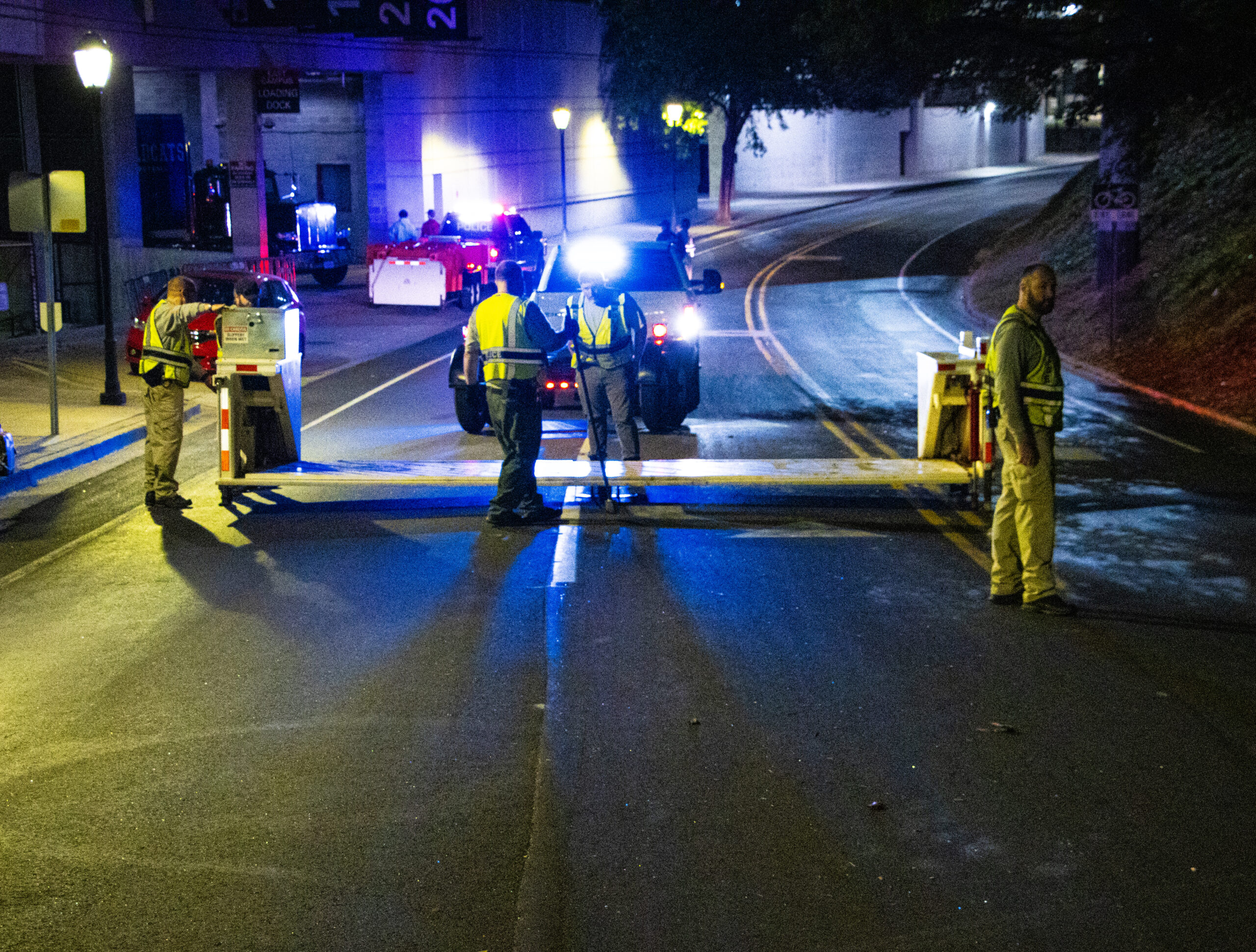The information reported to the University of Georgia Police Department contributes to the success of safety initiatives. The data of the Safe & Secure report informs the institution about what they need to do differently, to continue to educate on, what types of crimes have occurred on campus, what type of prevention programming they are utilizing as well as frequency and effectiveness, and how to report a crime if and when someone wants to report it.
Primary Crimes:
- Homicide
- Murder & Nonnegligent Manslaughter
- Manslaughter by Negligence
- Sexual Assault (Sex Offenses)
- Rape
- Fondling
- Incest
- Statutory Rape
- Robbery
- Aggravated Assault
- Burglary
- Motor Vehicle Theft
- Arson
Hate Crimes:
- Any of the crimes listed, plus:
- Simple Assault
- Larceny-Theft
- Intimidation or Damage/Destruction/Vandalism of Property motivated by bias
- Categories of Bias
- Race
- Religion
- Ethnicity
- Gender
- Sexual Orientation
- Disability
Weapon Law Violations:
- The violation of laws or ordinances prohibiting the manufacture, sale, purchase, transportation, possession, concealment, and/or use of firearms, cutting instruments, explosives, incendiary devices, or other deadly weapons.
Drug Law Violations:
- Violations of laws prohibiting the productions, distribution, and/or use of
- Certain controlled substances and
- the equipment or devices utilized in their preparation and/or use.
Liquor Law Violations:
- The violation of laws or ordinances prohibiting the manufacture, sale, purchase, transportation, possession, and/or use of alcoholic beverages.
Violence Against Women Act:
- Domestic Violence
- Dating Violence
- Stalking
Hazing (as defined in the Stop Campus Hazing Act)
On-Campus:
- Any building or property owned or controlled by an institution within the same reasonably contiguous geographic area and used by the institution in direct support of, or in a manner related to, the institution’s educational purposes, including residence halls
- Any building or property that is within campus, that is owned by the institution but controlled by another person, is frequently used by students, and supports institutional purposes (such as a food or other retail vendor).
Non-Campus:
- Any building or property owned or controlled by a student organization that is officially recognized by the institution
- Any building or property owned or controlled by an institution that is used in direct support of, or in relation to, the institution’s educational purposes, is frequently used by students, and is not within the same reasonably contiguous geographic area of the institution.
- Non-campus does not mean “off campus”; it refers to specific properties owned or controlled by the campus or by a student organization officially recognized by the campus. Non-campus does not automatically refer to all surrounding neighborhoods of a college campus, nor does it include all properties that students happen to rent.
Public Property:
- Public property immediately adjacent to, within, or surrounding one’s on-campus geography. The public property that immediately borders and is accessible from the campus. It also includes public property within the core campus.
University of Georgia’s Clery Geography Maps
Examples of Clery Geography:
- On-campus property:
- The Health Sciences Campus
- The Main Library
- The Miller Learning Center
- The Stegeman Coliseum
- The Intramural Fields
- The UGA Golf Course
- The New Veterinary School
- Flinchum Phoenix
- Non-campus property:
- Sorority and fraternity houses on South Milledge Ave.
- Baptist Student Union
- Christian Campus Fellowship
- Administrative Services building on Atlanta Highway
- Public property:
- The crosswalk connecting the Arches and downtown Athens
- Baldwin Street
Campus Security Authorities are responsible for the intake of information regarding incidents of crimes that have been reported to them. This information is then compiled by the institution and reflected in the University of Georgia’s disclosure of crime statistics. Although the University of Georgia has a police department on campus, a student who is the victim of a crime may be more likely to reach out to a trusted official before the police department.
Therefore, the Clery Act requires all institutions to collect crimes from a variety of individuals:
• A campus police department or a campus security department of an institution
• Any individual or individuals who have responsibility for campus security but who do not constitute a campus police department or a campus security department
• Any individual or organization specified in an institution’s statement of campus security policy as an individual or organization to which students and employees should report criminal offenses
• An official of an institution who has significant responsibility for student and campus activities, including, but not limited to, student housing, student discipline and campus judicial proceedings. An official is defined as any person who has the authority and the duty to take action or respond to particular issues on behalf of the institution.
No. A CSA is required to report the incident to law enforcement but is not required to mention any involved parties by name, depending on the wishes of the victim or survivor.
Emergency notifications are used when there is a severe health or safety threat to the entire campus that has not been contained or controlled and when immediate action is required to stay safe (e.g. tornado warning, active shooter, chemical spill impacting public health, etc.). Emergency notifications activate all UGA Alert dissemination methods.
Timely Warnings are used when a situation on or near campus constitutes an ongoing or continuing threat to the campus community. The UGA Police Department sends timely warnings through email and through a push notification in the UGA Safe app.
If you are signed up to receive UGA Alert messages with an email address, you will automatically receive timely warning emails when issued. You can download the UGA safe app here.
The Stop Campus Hazing Act (SCHA) is a federal law signed on December 23, 2024, aimed at improving hazing prevention and reporting in colleges and universities. It requires institutions to include hazing statistics in their annual security reports and implement hazing prevention policies and education programs.
For the definition of hazing under the Clery Act and further information, please click here.
For the UGA’s SCHA policy, including UGA’s definition of hazing under the Code of Conduct, please click here.
University of GA Police Department
706-542-2200 (Non-emergency)
286 Oconee St
Athens, GA 30602
https://police.uga.edu/
Athens-Clarke County Police Department
706-613-3330 (Non-emergency)
3035 Lexington Rd
Athens, GA 30605
https://www.accgov.com/200/Police
The University of Georgia Health Center
706-542-1162
55 Carlton Street
Athens, GA 30602
https://healthcenter.uga.edu/
The University of Georgia Health Center – Relationship and Sexual Violence Prevention (RSVP)
706-542-SAFE (7233)
www.uhs.uga.edu/rsvp/
The University of Georgia Health Center – Counseling and Psychiatric Services (CAPS)
706-542-2273
https://caps.uga.edu/
The University of Georgia Health Center – Gynecology Clinic
706-542-8691
https://healthcenter.uga.edu/services/gynecology-clinic/
The Cottage, Sexual Assault Center & Children’s Advocacy Center, Inc.
Office: 706-546-1133 Ext. 4
Crisis Hotline: 706-353-1912
3019 Lexington Road
Athens, GA 30605
www.northgeorgiacottage.org
Project Safe
Hotline: (706) 543-3331
Textline: (706) 765-8019
https://www.project-safe.org/
SANE (Sexual Assault Nurse Examiners)
706-613-3808
3035 Lexington Rd,
Athens, GA 30605
info@saneinc.org
https://saneinc.org/
The University of Georgia Student Care & Outreach
706-542-7774 | 706-542-8479
318 Tate Student Center
Athens, GA 30602
https://sco.uga.edu/
The University of Georgia Student Conduct
706-542-1131
247 Memorial Hall
Athens, GA 30602
https://conduct.uga.edu/
St. Mary’s Hospital
706-389-3000
1230 Baxter Street
Athens, Georgia 30606
https://www.stmaryshealthcaresystem.org/
Piedmont Athens Regional Medical Center
706-475-7000
1199 Prince Avenue
Athens, Georgia 30606
https://www.piedmont.org/locations/piedmont-athens/about
Athens-Clarke County Health Department
706-389-6921
345 North Harris Street
Athens, Georgia 30601
https://northeasthealthdistrict.org/locations/clarke-county/
The University of Georgia Equal Opportunity Office
706-542-7912
278 Brooks Hall
Athens, GA 30602
https://eoo.uga.edu/





